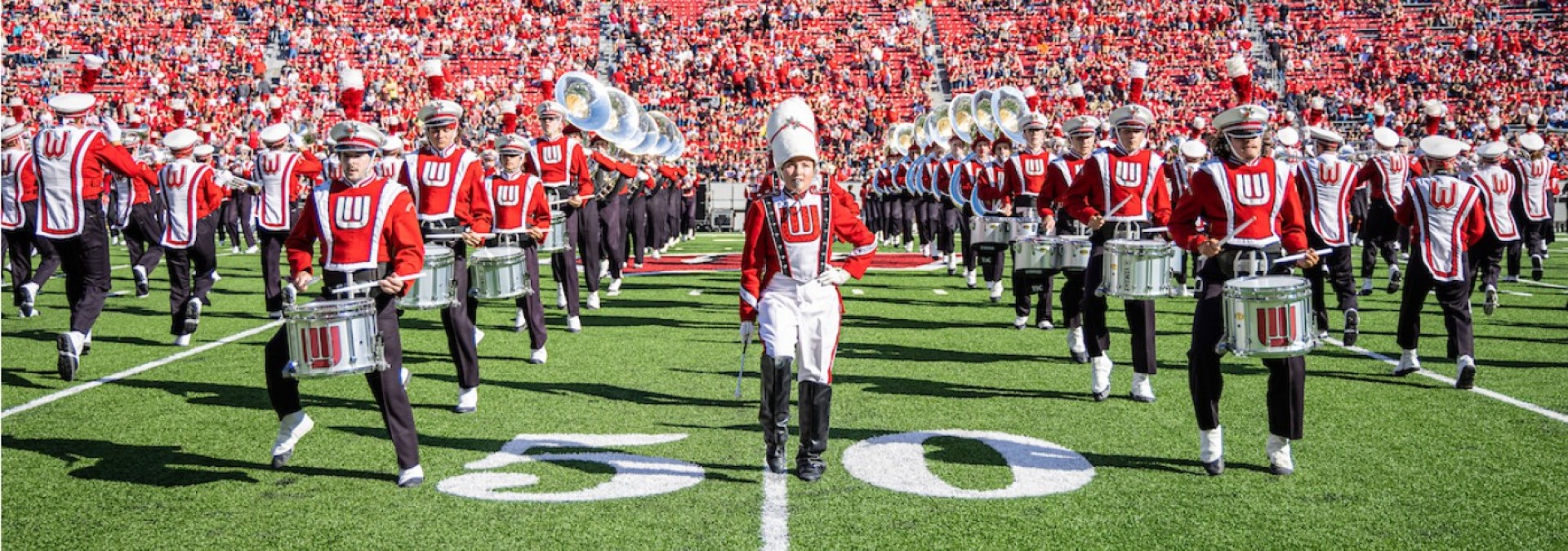When it comes to applying to a school of music — or really, any college program — a powerful recommendation letter can set you apart. And one of the most valuable references you can get? Your high school music teacher.
They’ve seen more than just your performances. They’ve watched you grow, rehearse, lead, struggle, and succeed. They know your character — not just your résumé — and that’s what colleges care about most.
Sure, a letter from a famous conductor might sound impressive, but if that person barely knows you, it won’t carry much weight. A heartfelt, specific letter from someone who’s seen your day-to-day journey? That’s gold.
So how do you earn that kind of reference?
Make a Real Connection
Think about your relationship with your music teacher. Do they know your goals? Your personality? What makes you excited about music?
Start talking to them. Share your dreams — even if they feel big or far away. Ask about their story, too. How did they get where they are? You’ll build trust, and more importantly, you’ll stop being just another student and start being you — someone they genuinely care about supporting.
Show Up and Step Up
Don’t wait to be asked. Offer to help set up chairs, organize music folders, or tune instruments. Help out behind the scenes at concerts or competitions. If your director sees that you’re not only talented but also dependable and humble, that’s the kind of stuff they’ll remember when it’s time to write.
Take on leadership roles — whether that means leading warm-ups or mentoring younger students. You don’t need a title to be a leader. Your actions speak louder than anything.
Say Thank You — Often
When your teacher goes out of their way for you — whether it’s extra rehearsal time, feedback on your solo, or traveling with you to a festival — thank them. Not just once. Not just in your head. Say it out loud. Or better yet, write it down.
It’s not about writing the perfect note — it’s about showing real appreciation. That’s what sticks.
How to Write a Thank You Note
A simple thank-you card can go a long way. It doesn’t need to be fancy — just honest. Here are a few examples to get you started:
- 🎶 Thank you for helping me prepare for my All-State audition. Your coaching gave me the confidence I needed to give it my best shot.
- 🎶 Yesterday, during rehearsal, I felt something click — like the music really came alive. Thank you for creating those kinds of moments for us.
- 🎶 Thanks for coming to my solo performance. Having you in the audience meant more than you know. You've become a mentor I really admire.
Keep the Relationship Growing
The bond you build with your music teacher doesn’t have to end after you graduate. If you cultivate a strong, respectful relationship now, that same teacher may become a lifelong supporter — someone who writes job recommendations down the line, or even becomes a professional colleague one day.
Final Takeaway
Your music teacher can write you a strong, personal recommendation — but only if they truly know you. Build that relationship. Show up. Help out. Say thank you. Be more than just the student in the second chair — be someone they believe in.
Because when it comes time to apply to college, a letter from a teacher who’s seen your dedication, heart, and growth? That’s the one they’ll remember.


.png) ARTICLE GLOSSARY
ARTICLE GLOSSARY

.png)
.png)


.jpg)
.jpg)

.jpg)

.png)




.jpg)
.png)









.jpg)



.jpg)
.jpg)
.jpg)
.jpg)
.jpg)

.png)
.png)

